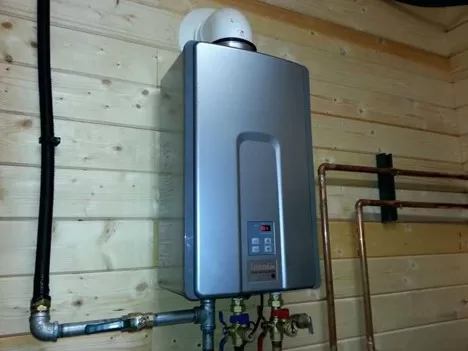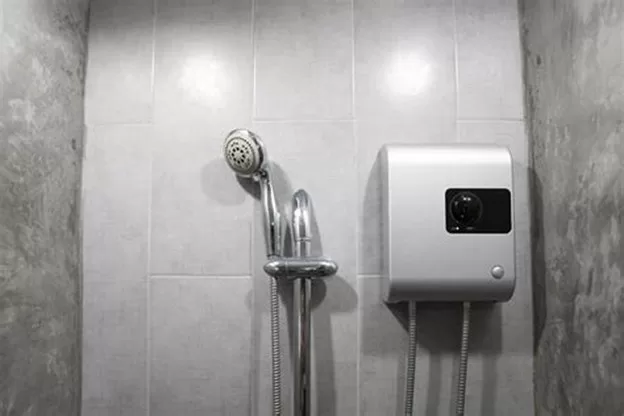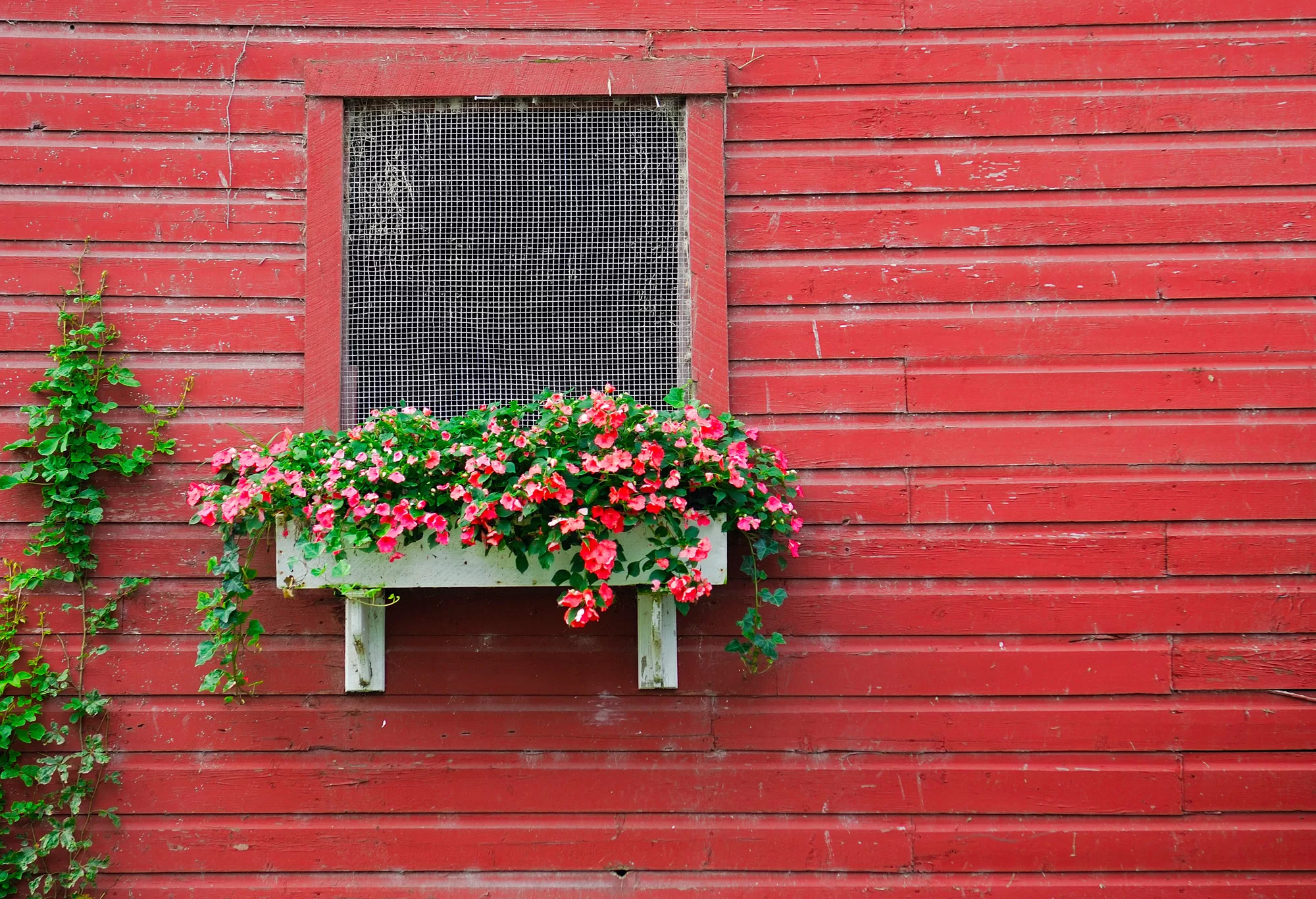Technology advances and finds its place in our lives in the most different ways.
Also, we are becoming more aware of our not-so-favorable impact on the environment and doing whatever it takes to reduce that negative impact.
One of the ways to do so is by making our living space environmentally friendly.
The plumbing system in households uses water, gas, and electricity.
If we could rationalize their consumption, it would have a positive effect on the costs we pay every month, but also on the carbon footprint of our household.
And to achieve this, it’s necessary to make certain plumbing system upgrades, and one of them is the installation of a tankless water heater.

Adding this appliance to your plumbing system requires the help of a hot water plumber since professional installation is necessary.
These heaters are more expensive than traditional units with a tank, but they are very convenient and profitable. And the list of benefits doesn’t end with that.
Benefits of Tankless Heaters
Nowadays, homeowners need to use resources optimally.
For instance, a tankless boiler can help them rationalize gas and power use.
That’s a small yet significant step toward changing habits and acting responsibly toward the environment.
Optimal Energy Usage
The energy efficiency of home appliances has become an important topic that needs attention.
Modern devices have high energy ratings, meaning they utilize less power to provide the same or better output than older appliances.
Thus modern tankless heaters have lower energy consumption to provide hot water for household use.
The very principle of how these appliances work is that they heat only the amount of water delivered at a given moment.
On the other hand, a regular boiler always has a storage tank with a certain amount of liquid which reheats over and over. That way, it needs more electricity to maintain its optimal temperature inside the tank.
Hot Water on Demand
Another benefit of a tankless boiler is that you always have hot water available.
Even though it’s a smaller amount, you can have it at any time.
That will certainly relieve you of enormous stress since it can really be nerve-racking when you need a shower after a long day, but there’s no hot water.
Luckily, with tankless boilers, you have hot water on demand.
It means that, apart from energy, this unit also saves your time.
Read Also :
Plus, there will be no cold showers in the middle of a steaming hot shower.
That usually happens with regular boilers, when the unit fails to heat all the water you need.
On the source below, find out more about efficient water heating for residential use:
https://maketheswitch.org.au/how-to-switch/
Less Maintenance
Limescale can cause many problems with plumbing fixtures, but installing a tankless heater will spare you these inconveniences.
Unlike regular boilers, tankless heaters don’t have trouble with limescale deposits.
Simply, there’s no tank full of stagnant water, which is usually a perfect ground for scale depositing.
So this unit won’t break down often, its maintenance will be less demanding, and the appliance itself will last much longer.
Portability
Due to the lack of a tank, these units are much smaller than ordinary boilers.
It means mounting them on the wall is simple, as they’re lightweight and less bulky.
Still, due to the connection to the gas or electricity lines, you need to entrust this job to professionals.
Only proper installation ensures safety, functionality, and optimal unit performance.
Another advantage of the small size of the tankless device is its mobility. It means you can quickly get it on and off the wall, for example, when you renovate the house or move.
Upgrading Your Hot Water System to a Tankless Option
Due to all the mentioned advantages, more and more homeowners in Australia upgrade their plumbing systems with tankless heaters.
If you are also thinking about that and want to enjoy all the convenience of these handy appliances, it’s good to know a few things before buying and installing them.
Gas or Electric Hot Water
There are several models of tankless heaters on the market, but the general division is based on the fuel that this unit uses. So we have gas and electric water heaters.
The former are also known as whole-house systems, while the latter are known as point-of-use systems.
Electric heaters are cheaper models of tankless boilers and are mostly the choice of households that pay for expensive gas, so electricity is a more cost-effective choice.
Or they simply have no nearby propane or gas line. But these appliances have poorer performance than gas models because they are suitable for heating smaller amounts of water.
Because of that, you usually have to install these units near fixtures like outdoor kitchens, pool showers, etc.
Gas boilers are suitable for homes that have higher water consumption during the year.
These units are more powerful than electric ones and therefore cost more.
They utilize a gas burner to heat a certain amount of water, which makes them very handy and profitable in areas where gas is cheap.
Installation and Maintenance Costs
The price difference between a gas and electric water heater can be more than double, but each model has its pros and cons, as explained.
And while you can choose between models of different prices and performances, something you shouldn’t skimp on is hiring a professional installer.
Mounting the tankless heater is not too demanding due to its small dimensions.
What is challenging is connecting this unit to the gas line or electricity network, which should be safe and fully functional.
That’s why Australian laws require a licensed plumber to install a tankless heater onto your plumbing system.
Finding a good installer can be tricky and costly (as explained on this web page), especially during peak season when they already have a lot of work, but it’s worth every dime.
Going tankless is a good move, especially for households with substantial water consumption.
In that case, units with no storage tank are safer, easier to mount and maintain, and over the years of being in service, they can bring significant savings on bills.










